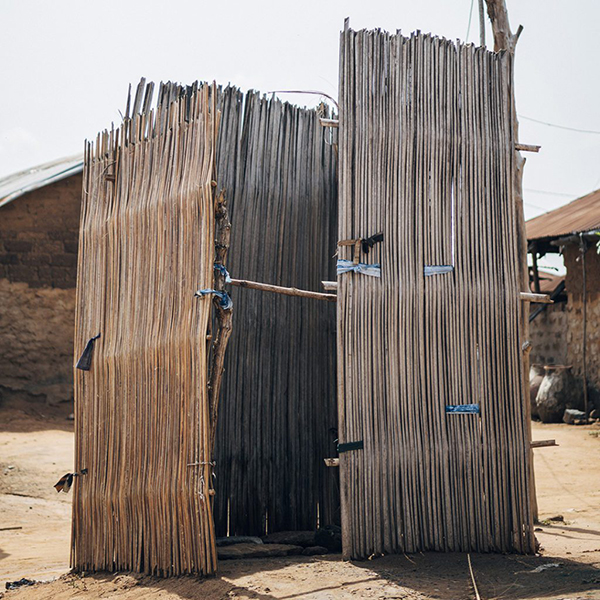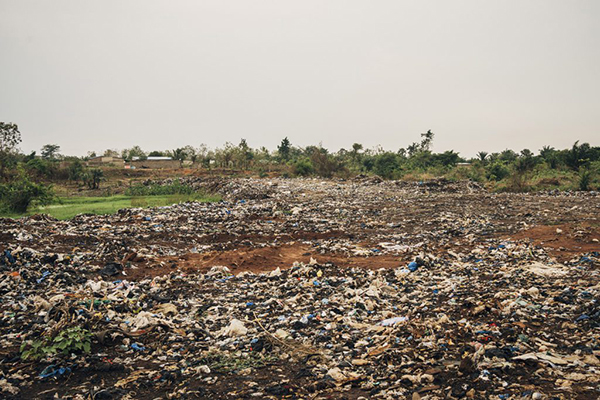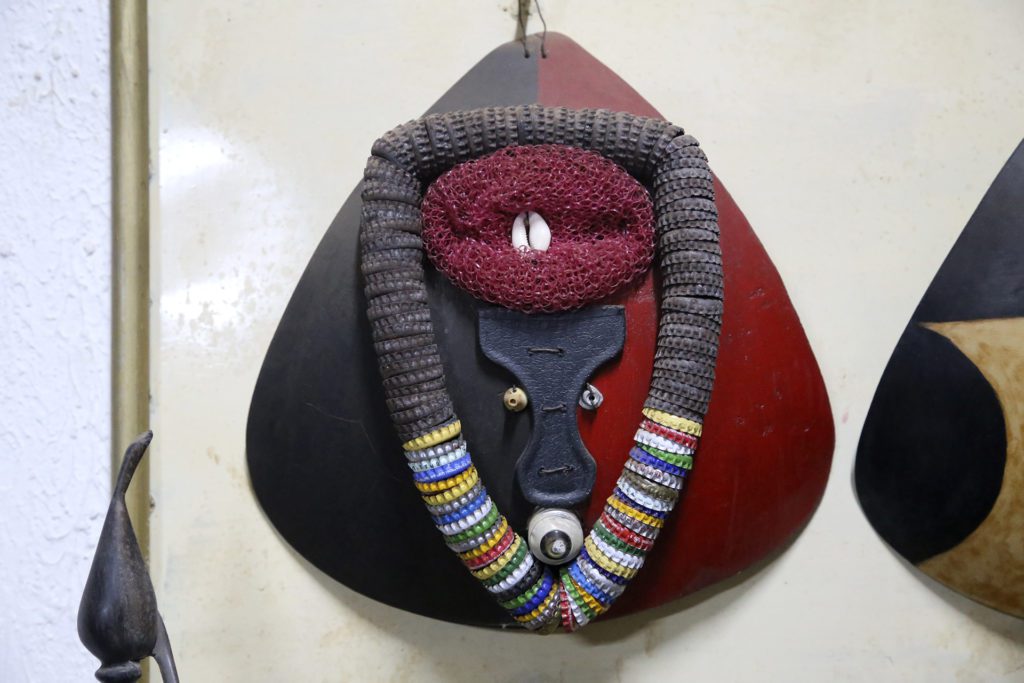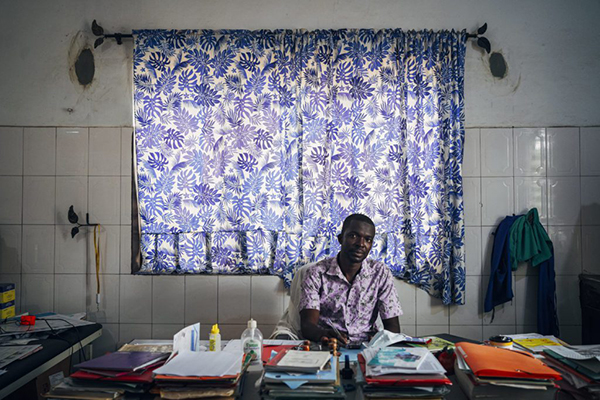Water, sanitation and hygiene are central to the prevention and management of all infectious diseases. Many of the Neglected Tropical Diseases (NTDs) we deal with could be avoided with access to these essential services.
Lawerh Thomas Dugbatey is a special educator living in Ghana. He has been in his health district for five years. He lives two hours away from his work and travels by tro-tro, a kind of private bus widely used in the country. His job is to go from school to school to raise awareness about health issues, including NTDs. He says yaws is the most common disease among children in the district and that girls suffer more from it than boys.
There are 72 schools in the district, but many lack clean water and toilets. This makes learning particularly difficult and makes it hard for awareness-raising sessions to be truly effective because they cannot practice what the children learn. Still, Lawerh coordinates with the schools and their teachers to bring water and hygiene awareness into the classrooms, in addition to providing general information on NTDs. He also talks a lot with parents about identifying early signs of the diseases. Parents play a key role.
Water, sanitation and hygiene: a crucial tool in short supply
Drinking water and hygienic conditions in health facilities and households are essential when it comes to managing and treating many infectious diseases, including NTDs such as Buruli ulcer and yaws. Sanitation also plays a key role in preventing exposure to these diseases and other NTDs like helminthiasis, schistosomiasis and trachoma.
The lack of basic water, hygiene and sanitation facilities in Lawerh’s district of Ghana is replicated in many parts of Africa. The school in Davié, a centre with 440 children about 35 km from Lomé, the capital of Togo, knows this all too well. There are no toilets here. The only hand-washing devices are basins that collect water from jerry cans, which have a bottle of liquid soap attached to them. There are two for the entire school, and teachers work hard to ensure that students understand the importance of washing their hands to avoid infection. Which is all the more important because, although the school has two toilets, only one is operational and hygiene conditions are appalling.
How do we tackle NTDs with clean water?
At the Anesvad Foundation we work so that schools in rural communities in Côte d’Ivoire, Ghana, Togo and Benin can have basic water, sanitation and hygiene facilities. Click on the following links to find out about some of the initiatives:






